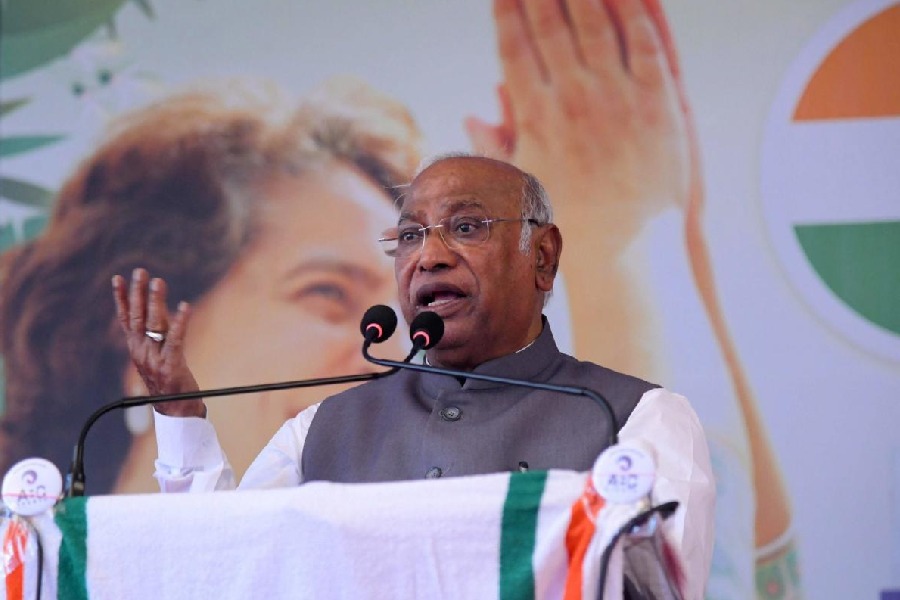Cairn Energy has filed a case in a US district court to enforce a $1.2 billion arbitration award it won in a tax dispute against India, a court document showed, ratcheting up pressure on the government to pay its dues.
In December, an arbitration body awarded the British firm damages of more than $1.2 billion plus interest and costs. The tribunal ruled India breached an investment treaty with Britain and said New Delhi was liable to pay.
Cairn asked the US court to recognise and confirm the award, including payments due since 2014 and interest compounded semi-annually, according to the February 12 filing seen by Reuters.
The case marked a first step in Cairn’s efforts towards recovering its dues, potentially by seizing Indian assets, if the government did not pay, a source with knowledge of the arbitration case told Reuters.
“If Cairn wins the case, it will be a step towards attaching and seizing Indian assets overseas, especially in the US,” the source said.
Reuters reported last month that Cairn was identifying India’s overseas assets, including bank accounts and even Air India planes or Indian ships, that could be seized in the absence of a settlement.
Cairn declined to comment but pointed to a February 9 Twitter post where it said chief executive Simon Thomson was looking forward to meeting India’s finance minister in Delhi next week.
“We would request, along with others, that the Indian government move swiftly to adhere to the award that has been given,” Thomson said in the video posted on Twitter.
“It is important for our shareholders who are global financial institutions and who want to see a positive investment climate in India. I am sure that in working together with the government we can swiftly draw this to conclusion and reassure those investors,” he said. India’s finance and external affairs ministries did not immediately respond to requests for comment.
Cairn aims to enforce the award under international arbitration rules, commonly called the New York Convention, and recover losses caused by India’s “unfair and inequitable treatment of their investments”, the filing showed.
The firm has registered its claim against India in the Netherlands and France, telling regulators there they may receive court orders to seize Indian assets, and the firm was preparing to do the same in Canada and the US.












